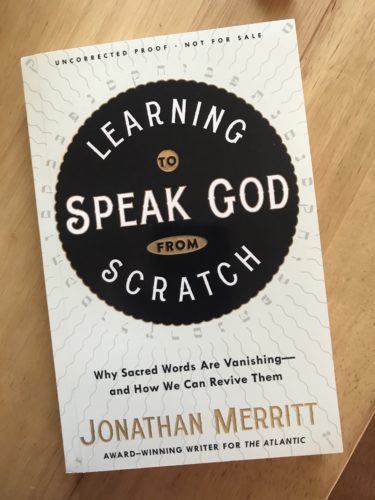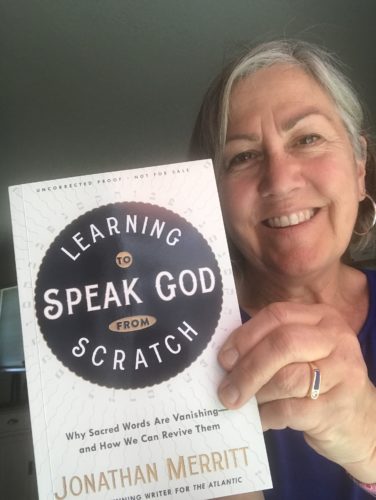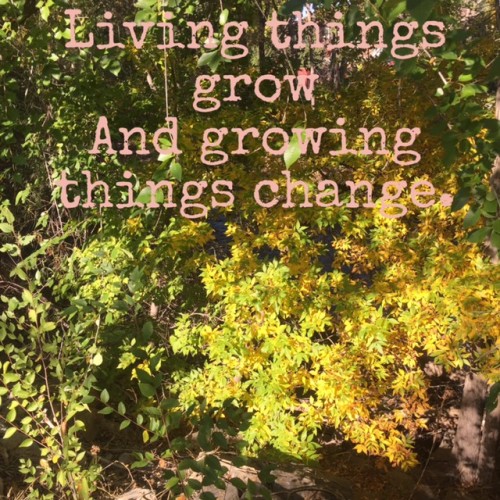Jonathan Merritt thinks so. In fact he’s written a book to help us consider how possible, and needed, it really is.
Learning to do anything is filled with starts and stops; like a toddler moving from crawling to walking. Yet when we have developed a way of doing something, it’s even more of a challenge to re-learn or to start from scratch. Even that saying is something that has become nearly outmoded; most kitchens are filled with pre-packaged meal ingredients, not the way my two grandmothers fed the family in the middle of the previous century. The way they spoke of God was different then, too. Maybe it’s time to re-think not only too familiar sayings without the proper context; maybe in this era of history we need to take time to re-learn how we speak about God.
Jonathan Merritt’s new book, Learning to Speak God from Scratch, helps me move further on my spiritual journey. The premise of the book is right up front in his well-crafted subtitle: Why Sacred Words are Vanishing—and How We Can Revive Them. One by one, words that have been overused are taken out of their worn context, polished up and seen anew. Story by story, Jonathan unpacks why this change of use, this change of understanding has happened, and suggests how you and I can make intentional choices to become more aware of God-speak and learn to use well the sacred words he shows us.

The first third of the book is filled with Jonathan’s setting the stage: helping us capture the sense of urgency, seeing the problems of current use of sacred language, and shedding light on a Way Forward. These six chapters give compelling evidence for the purpose, for the need to learn to speak God from scratch.
Jonathan takes a hard look at words that are familiar to those who speak God regularly, words that are sometimes so familiar we’ve forgotten their weight. He points out that to those who aren’t in regular God conversations, many sacred words have no power, no context and thus little impact in this era. In Jonathan’s words:
But in the midst of our struggles to speak God—struggles that are not unique to our generation—somehow God always finds a way to break through and keep God’s people talking. If God’s people have revived their vocabulary in past eras, surely there is a way to stoke these fires yet again. (Our Divine Linguaphile p. 38)
Reading each chapter led me deeper into recognizing the prevalence in my vernacular of ways I use words without context. This growing awareness was like pre-dawn light; noticing, acknowledging and then suddenly the sun itself appears illuminating the sky. Half-way through the book, Jonathan’s chapter titled Disappointment: Dopamine Roller-Coasters and Palm Branches served as the sunlight exposing a root struggle for me. His words:
Disillusionment is, well, the loss of an illusion. It is what happens when you take a lie–about the world, about yourself, about those you love, about God–and replace it with the truth. Disillusionment occurs when God shatters our fantasies, tears down our idols, dismantles our cardboard cut outs.it is the result of discovering that God does not conform to our expectations but rather exists as a mystery beyond those expectations. (Disappointment: Dopamine Roller-Coasters and Palm Branches. P 109)
Learning to Speak God from Scratch was a gift of learning for me this year. It’s an informative, well-researched book written in an accessible, journalistic style; you can hear Jonathan sharing not only what he learned, but he also shares his heart.

I’d love to hear your thoughts as you read this engaging book.
























